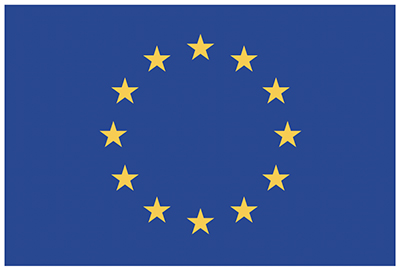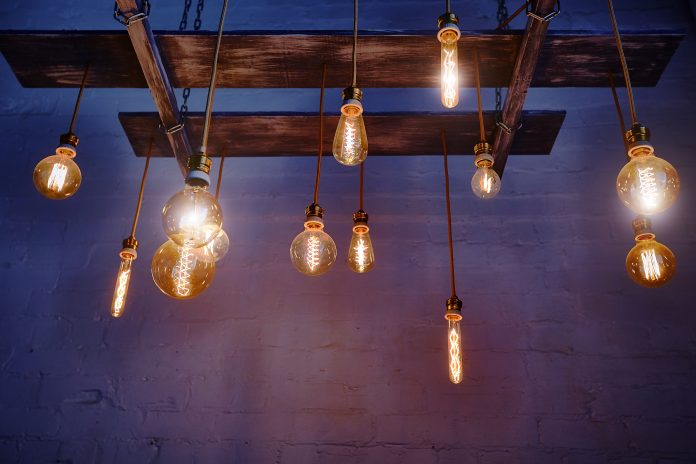Pavol Bodis, Technical Coordinator at TNO, says that getting energy independent buildings is an EU priority for electricity infrastructures
In the newly transformed world with a limited role that fossil fuels play, we need to use our electricity infrastructure not only for cooking, cooling, light and entertainment but also for heat, hot water, transport, and generation of renewable energy. However, our infrastructure is not built for this critical role and has shown to suffer outages, restrictions, and bottlenecks already at 20-30% of renewable energy penetration. Examples can be found in the whole of Europe but are at the moment most prominent in densely populated regions like The Netherlands where negatively affected areas by electrical grid congestion resulting in delays or even halted construction of entire neighbourhoods.
It has been apparent that with using state of the art energy storage and conversion systems like traditional boilers and heat pumps one cannot realistically address the challenges and constraints of existing infrastructure. Expanding the current infrastructure, namely electricity and heating grids has its limit and is far from achievable in the needed timeframe of 5-10 years. Considering these challenges, the SCORES project is looking into addressing adopting hybrid energy storage systems that are fully integrated into the infrastructure of existing buildings. Using SCORES products, the buildings can become much less dependent on the external grids while providing fully renewable locally generated energy for the occupants.
What is the SCORES project?
The SCORES project is not looking at providing the so-called silver bullet or one solution for all our problems. In fact, various energy storage technologies are being developed and tested and exploration of flexible deployment of these is also under investigation. More specifically, SCORES energy storage technologies can be divided into several categories, namely electricity and thermal storage or from another perspective short- and long-term energy storage. All of these various systems are in the case of the SCORES project managed by a fully integrated Building Energy Management System (BEMS). In all tested and envisioned SCORES system configurations, locally generated solar energy is used as the primary energy source. Additionally, in case there is a lack of this green energy source, the SCORES system utilizes a connection to the electricity and/or heat grid already present at the location. This gives the SCORES system great flexibility to be able to choose from either energy provided from local CO2 free sources or energy coming from the grids that may be either green or the best available energy mix.
Zooming in to the specific energy storage technologies, we are investigating electric batteries, originally used in busses, which after inspection and refurbishment can serve in their second life in the existing buildings. A further focus is given to thermal storage, which is a far more logical solution for buildings. It has become very clear in recent years that electric batteries are the technology of choice for cars but face major challenges if used in buildings. Given the major supply and cost issues, poor fire safety track record and their overall environmental impact related to the mining activities limits their application beyond the mobility market segment. Contrary to this, thermal storage offers massive advantages on cost and performance levels given that buildings do not need so much electricity but rather heat and hot water.
Four types of thermal storage technology
In SCORES we are developing 4 types of thermal storage technologies covering all necessary timeframes of storage as well as all required temperature levels. More specifically REDOX HEAT storage technology shows promising early results. SCORES system can utilize this technology based on reduction and oxidation of copper to storage access energy for unlimited periods without any energy losses. The main challenges, in this case, are mainly low technology readiness level (TRL) as well as relatively high CAPEX. On the other hand, we have also looked into extending the use of traditional electric boilers from storage of hot water for hours to days and even weeks on the scale required for a regular household. Surprisingly this technology, often considered fully adopted and mature, has never been pushed beyond the applications of storing hot water for the convenience of taking a shower. Thanks to the SCORES project we have been able to show that even storing hot water can be done in a virtually loss-free way. Just imagine warming up a 200-litre electric boiler, going on a 2 week holiday and when returning, still finding the water nicely warm and ready for you to take a shower. And all of this without spending a single EUR or PV power to be used.
Another important perspective addressed in the SCORES project is space heating, where 2 technologies were developed and tested. We have used Phase Change Materials based energy storage technology combined with a direct electric heater or heat pump integrated as an energy source. Both options show very good viability and flexibility which can benefit the economic use of renewable energy.
What next for thermal technology?
To evaluate the performance of the SCORES systems and to bring them closer to the market, we have chosen 2 locations in France and Austria to demonstrate various technical and economic aspects using various SCORES systems configurations. The Austrian demonstration site located in Gleisdorf near Graz consists of several houses in a small neighbourhood which are connected to both electric and heat grids. The second SCORES location is in Agen, France. The building is an apartment building consisting of 115 separate dwellings. This diversity allows the SCORES team to test the systems at various scales, climate regions and grid interfaces.
In conclusion, it is important to mention that in the energy transition process, Europe and the world face challenges not only in the technical domain. As we can very well see today the price of energy is becoming a big societal problem that brings many households and businesses to the brink of collapse. As such, we need to be having in mind that new technological gadgets are not always the path towards sustainability. It is how we treat the energy and products around us that will have a major impact on the way we can bring our world to more green and sustainable future.
Learn more at www.scores-project.eu

This project has received funding from the European Union’s HORIZON 2020 Research programme under the Grant Agreement no.766464.
Please note: This is a commercial profile
© 2019. This work is licensed under a CC BY 4.0 license.











